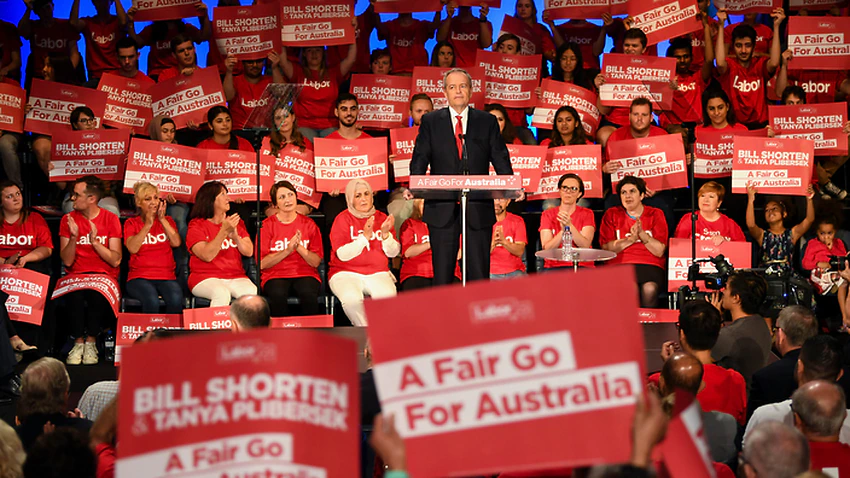



Article by: Hari Yellina
Labor Party leader Anthony Albanese has adopted the rare step of advocating a minimum wage hike of at least 5.1 percent to keep up with inflation. Mr Albanese said Labor will make a proposal to the Fair Work Commission if it wins the federal election, pushing the independent umpire to ensure salaries “at least keep up with the cost of living.” With inflation – the major cost-of-living indicator — at 5.1%, Mr Albanese was asked if he would support an equal pay increase. He said, “Absolutely.” The Australian Council of Trade Unions (ACTU) is asking for a 5.5 percent hike, bringing the weekly minimum wage up to $815.09, or $42,384.84 per year.
Mr Albanese had previously refused to support the ACTU’s pay claim, but when pressed about it at a later news conference, he supported a raise in accordance with inflation. Wages and cost-of-living concerns have emerged as major campaign topics, with skyrocketing inflation compelling the Reserve Bank of Australia (RBA) to raise interest rates for the first time in 11 years. While salaries have remained unchanged under the Coalition, Finance Minister Simon Birmingham said a party leader calling for a particular salary hike was almost uncommon. “He’s put a number out there without a shred of analysis or evidence to back it up.” Senator Birmingham referred to the move as a “thought bubble,” and used Mr Albanese’s intervention to call into question his economic credentials once more. The RBA forecasts inflation to reach 6% this year, more than double the projected wage increase of 3%.
Cost-of-living challenges and pay stagnation have emerged as the most pressing concerns for voters ahead of the election on May 21, with soaring inflation already prompting a mid-campaign interest rate hike. Albanese told ABC Radio National on Tuesday that he believes people’s salaries should not “slide backwards,” but that the 5.5 percent claim should be decided by the Fair Work Commission. “No… the Fair Work Commission takes its own choices,” Albanese said when asked if he backed it. “But people can’t afford to go backwards.”